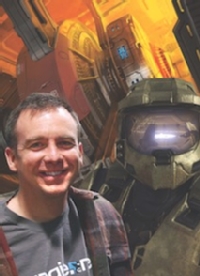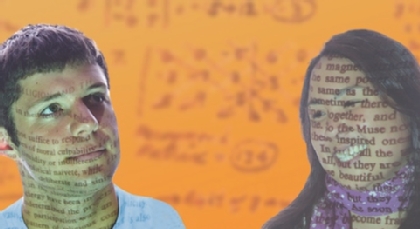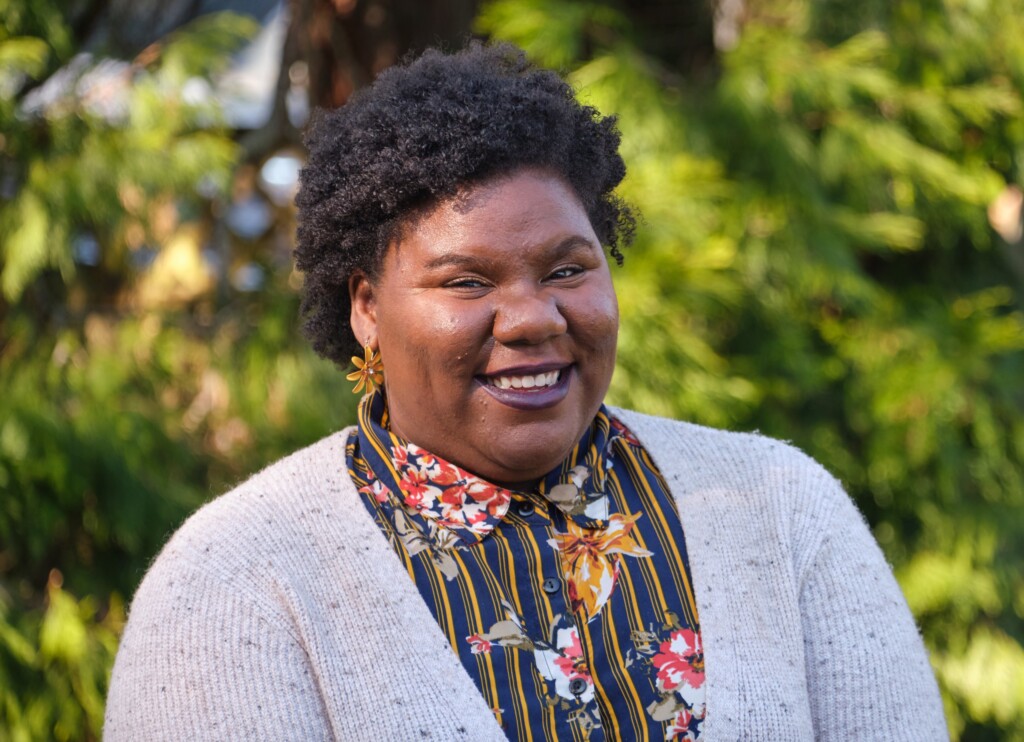Page 143 • (2,389 results in 0.039 seconds)
-
comments are moderated Read Previous Response to New York Times Article: ‘Bryan College Is Torn: Can Darwin and Eden Coexist?’ Read Next Response to PolicyMic article: ‘The Obama Administration Finally Has An Answer to Student Debt — And Colleges Hate It’ LATEST POSTS President Krise’s open letter of support for Muslim community January 30, 2017 An Open Letter on Access for All Students January 20, 2017 LISTEN Forum December 6, 2016 What election season reminds us about higher education December 2
-

Intersections: Called to Place Posted by: abryant / November 10, 2021 November 10, 2021 Cover art Be Nourished Mosaic by Patrick and Luisa Hansel Intersections, Number 54, Fall 2021Intersections is a publication by and largely for the academic communities of the twenty-seven institutions that comprise the Network of ELCA Colleges and Universities (NECU). Each issue reflects on the intersection of faith, learning, and teaching within Lutheran higher education. It is published by the NECU, and
-

spend 12 weeks over the Summer working on research projects with a faculty mentor. This year’s Benson Fellowship Speakers Fulton Bryant-Anderson ’23, a History and Communication major who examined intersections among history, media studies, and education via a new podcast entitled Innovative History. (Faculty mentor: Mike Halvorson) Kristin Moniz ’22, a Business and Economics major who studied the business and economic history of hotels, with an emphasis on how the hospitality industry has managed
-

research projects with a faculty mentor. The program is organized by Dr. Michael Halvorson, Benson Family Chair in Business and Economic History. This year’s Benson Fellowship Speakers Fulton Bryant-Anderson ’23, a History and Communication major who examined intersections among history, media studies, and education via a new podcast entitled Innovative History. (Faculty mentor: Mike Halvorson) Kristin Moniz ’22, a Business and Economics major who studied the business and economic history of hotels
-

students a lot of flexibility for the remainder of their education, because we actually need a total of 128 credits to graduate with a bachelor’s degree. When I realized this, I started to consider a double major or a set of minors to round out my education. But what to pick? What I settled on is an interesting new program called Innovation Studies, which is an interdisciplinary minor requiring 20 credits of coursework (or five classes). When combined with my History degree, I think I’ve found a great
-

career, was also true for his education. Parsons originally entered Washington State University. But as he started to figure out what he wanted to do after college, transferring to PLU made a lot of sense. “I liked what I saw at PLU,” he recalled. “I liked the smaller environment and the smaller class sizes. It felt good to me. Plus, I thought they had a great business program.” Also factoring into the equation: a move to PLU would allow him to be closer to the businesses that would likely employ him
-

world is more complex than I’ve ever imagined. It made me realize that I’m not going to save the world – the best that I can do is try to understand.” Josh pauses, then asked: “But what is education without action?” One of the things that also appeals to both Catherine and Josh is the fact that most of the classes are discussion-based, as opposed to lecture-based. It allows students to really get a chance to dig deep into the subject matter and explore it. Or, in the words of Catherine, the
-

. “Economics is fundamentally a discipline in which we study how and why we make decisions,” says Associate Professor of Economics Karen Travis. “It is the wide range of applications that tends to draw a very broad pool of students, including those interested in finance or developing economies.” “Students who are drawn to Economics ask questions for which the answers aren’t easy—poverty, health care, education, unemployment, development, environmental degradation, international relations—but for which they
-

retain one’s honor, one’s virtue, one’s sense of right and wrong in the midst of this kind of thing?’” STUDENT-FACULTY COLLABORATION One of the hallmarks of a PLU education is close relationships and collaboration between students and faculty. “This is the music department doing that in a big, deep way,” Youtz said of Fiery Jade. “Not only are (students and faculty) going to perform it together, but we’re inventing it together.” In this brand new show, undergraduate students are directly involved. On
-

coordinator of the Center for Gender Equity. I also support Queer programming for students across campus by partnering with various student leaders. Advocacy services are centered around encouraging the empowerment of victim-survivors during their healing process, supporting friends and family, and providing education about the issues surrounding sexual assault and abuse. What are some goals you have for your role? I hope to continue the legacy of those set before me. I hope to also encourage the CGE to
Do you have any feedback for us? If so, feel free to use our Feedback Form.


